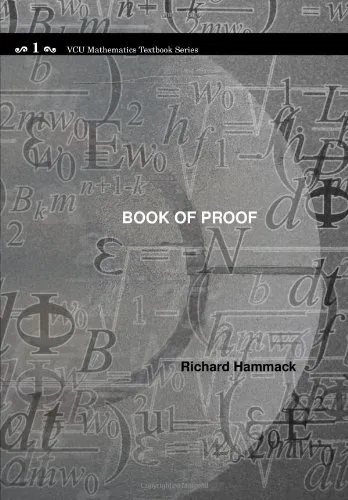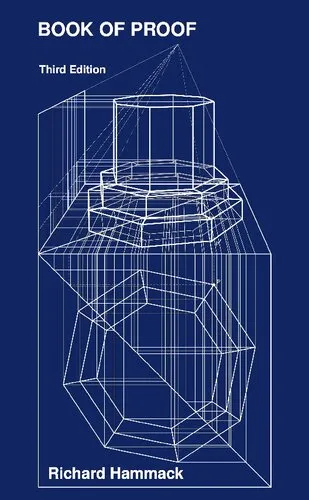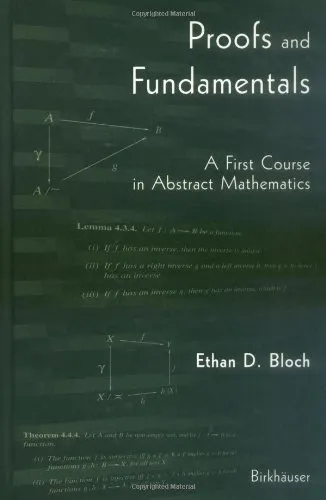Early Writings in the Philosophy of Logic and Mathematics
4.6
Reviews from our users

You Can Ask your questions from this book's AI after Login
Each download or ask from book AI costs 2 points. To earn more free points, please visit the Points Guide Page and complete some valuable actions.Related Refrences:
Introduction to Early Writings in the Philosophy of Logic and Mathematics
Welcome to the intricate and fascinating exploration of foundational thoughts in logic and mathematics, brought to life through the seminal work of Edmund Husserl. This book, 'Early Writings in the Philosophy of Logic and Mathematics', translated and edited by Dallas Willard, is an illuminating compilation that delves into the nascent phases of Husserlian thought, providing readers with a profound understanding of the philosophical questions that underpin these two critical fields.
Detailed Summary of the Book
Edmund Husserl, a pioneering 20th-century philosopher, is best known for establishing the school of phenomenology. However, before he embarked on this philosophical journey, he was deeply engaged with the philosophy of logic and mathematics. This book showcases his early writings, reflecting his initial inquiries and richly detailed dissections of mathematical and logical concepts.
In this collection, Husserl critically examines the nature of numbers, the underlying logic that governs mathematical reasoning, and the philosophical implications of mathematical truths. Through these writings, Husserl embarks on a quest to uncover the essential structures that support mathematical objectivity and rigor, challenging prevailing empirical and positivist views of his time.
The book is meticulously organized to guide the reader through Husserl's intellectual evolution, starting from his doctoral dissertation on the calculus of variations to his subsequent work on the laws of logic. It provides invaluable insights into how Husserl's early logical investigations set the stage for later developments in phenomenology.
Key Takeaways
- Husserl's exploration into the concept of number and its ontological status raises fundamental questions about the nature of mathematical abstraction.
- The juxtaposition of logic and psychology in Husserl's thought leads to a unique perspective on logical laws, distancing them from empirical frameworks.
- Husserl's writings underscore the importance of pure logic as a foundation for mathematics, foreshadowing his phenomenological methodology.
- Husserl effectively bridges the gap between mathematical forms and philosophical insights, establishing a dialogue between these disciplines that influences future philosophical inquiry.
Famous Quotes from the Book
"Mathematics, when understood as a system of ideal propositions, presents a striking contrast to the immediate psychological basis of subjective experiences, demanding an objective discipline of reason."
"To investigate the conceptual essence of logic is to probe the ultimate intelligibility of the world; it is to establish an objective science of the factual core that embodies laws not dictated by empirical observation but by a priori necessity."
Why This Book Matters
This work is not just significant for those interested in the history of philosophical thought; it's crucial for understanding how logic and mathematics can be intertwined within a broader philosophical system. 'Early Writings in the Philosophy of Logic and Mathematics' offers a window into the formative ideas that would eventually lead Husserl to develop phenomenology, an approach that revolutionized 20th-century philosophy.
By providing original texts alongside comprehensive analysis, this book serves both as an academic resource and as an inspiration for thinkers who seek to navigate the rich interplay between logic, mathematics, and philosophy. It stands as a testament to the enduring power of ideas to transcend their initial boundaries, ultimately shaping more comprehensive theories that continue to influence present-day academic discourse.
Overall, this volume is an essential addition to the library of anyone with a deep interest in philosophical exploration, laying the groundwork for a more integrated understanding of how abstract disciplines impact the existential inquiries that define human thought. The clarity and rigor of Husserl's early work invite readers to confront these fundamental issues with fresh perspectives and critical engagement.
Free Direct Download
You Can Download this book after Login
Accessing books through legal platforms and public libraries not only supports the rights of authors and publishers but also contributes to the sustainability of reading culture. Before downloading, please take a moment to consider these options.
Find this book on other platforms:
WorldCat helps you find books in libraries worldwide.
See ratings, reviews, and discussions on Goodreads.
Find and buy rare or used books on AbeBooks.
1497
بازدید4.6
امتیاز0
نظر98%
رضایتReviews:
4.6
Based on 0 users review
Questions & Answers
Ask questions about this book or help others by answering
No questions yet. Be the first to ask!
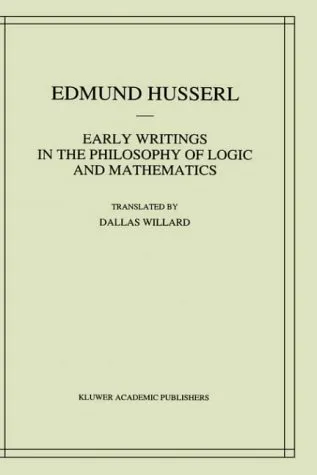

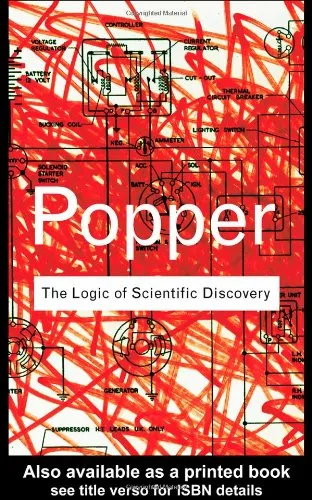
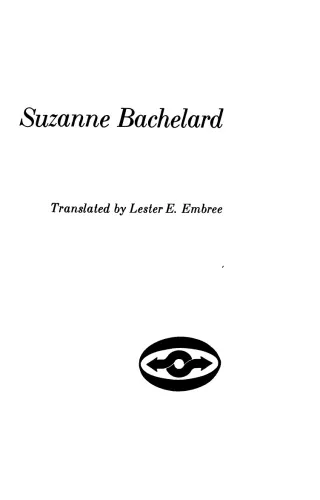
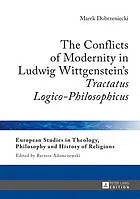




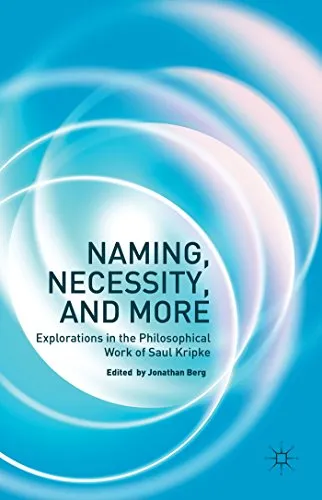
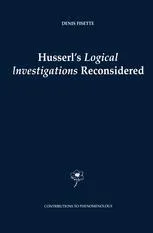
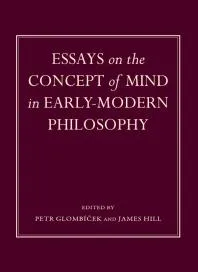

![Modalities for Reasoning about Knowledge and Quantities [PhD Thesis]](https://s3.refhub.ir/images/thumb/Modalities_for_Reasoning_about_Knowledge_and__16051.webp)
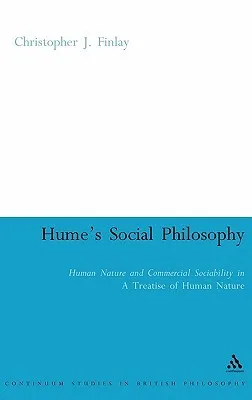
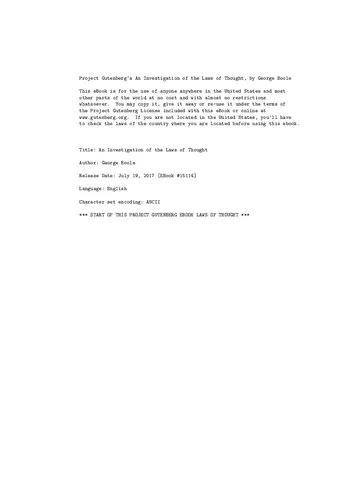
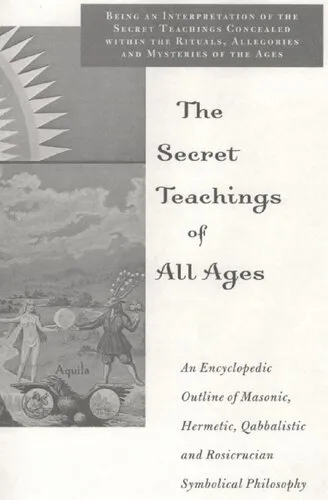
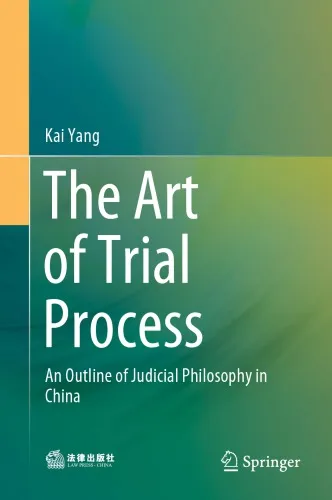

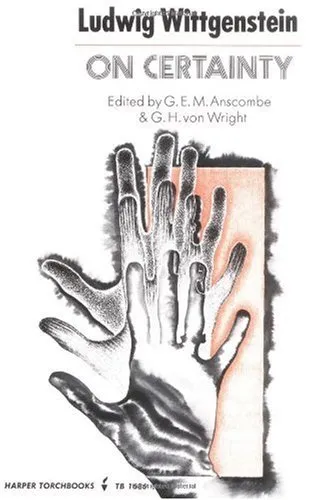



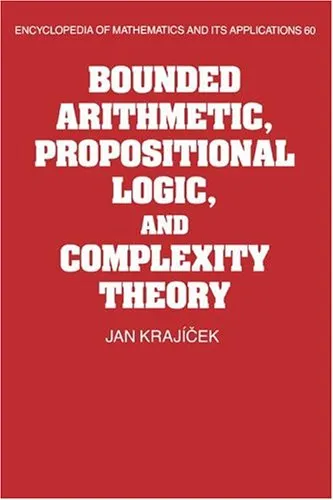

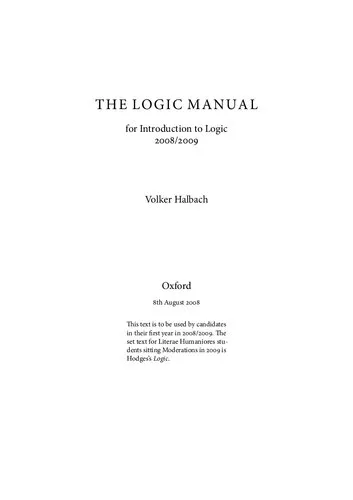
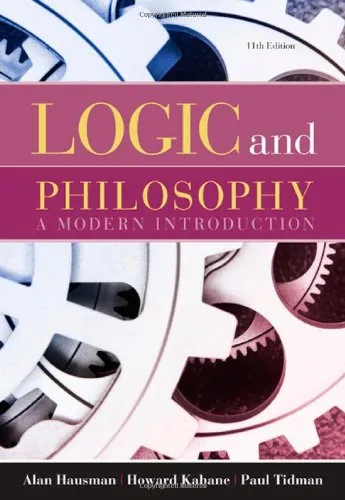
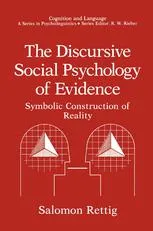
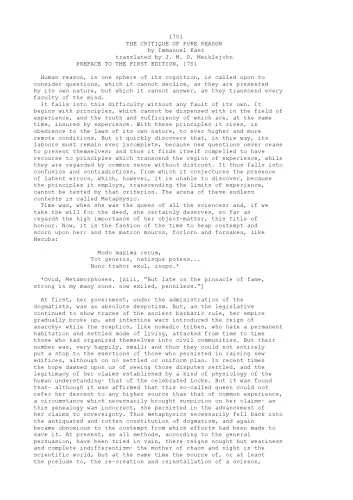
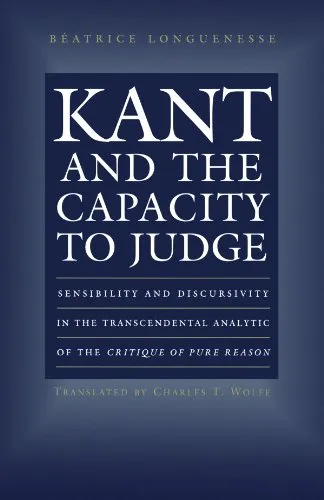
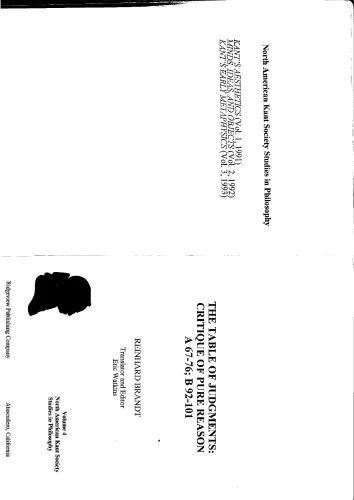
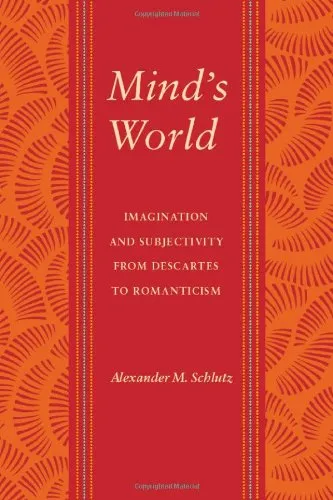
![How to Prove It: A Structured Approach, Third Edition [3rd Ed] (Instructor's Solution Manual, Solutions)](https://s3.refhub.ir/images/thumb/How_to_Prove_It__A_Structured_Approach__Third_35831.webp)
